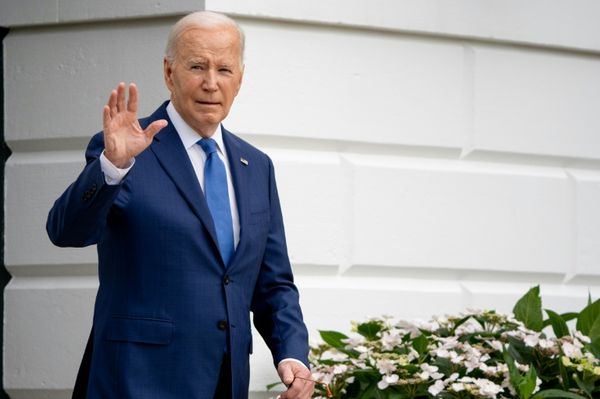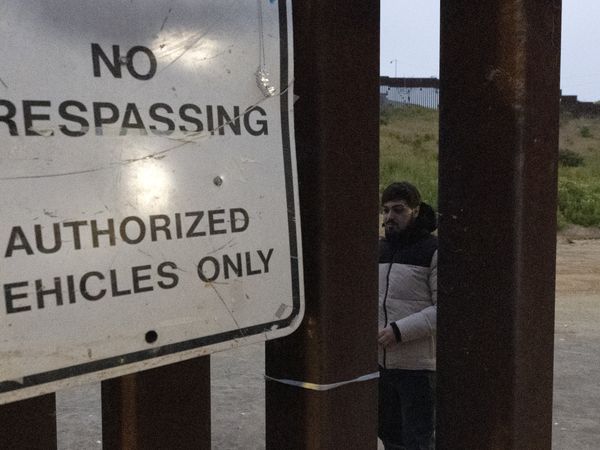
For over 15 years, the Palestinian militant group Hamas has maintained a complex stance on the Israeli-Palestinian conflict. While indicating a willingness to consider a two-state compromise with Israel, Hamas has stopped short of explicitly recognizing Israel or renouncing armed resistance.
Following Hamas' recent attack that triggered the latest conflict in Gaza, Israel and several Western countries have continued to view Hamas as a threat to Israel's existence, labeling it a terrorist organization.
Hamas has offered long-term truces instead of outright peace, dropped explicit calls for Israel's destruction, and endorsed armed resistance for the liberation of all Palestinian territories. In a recent interview, a senior Hamas official suggested that the group would disarm and transition into a political entity if an independent Palestinian state is established in the West Bank and Gaza along pre-1967 borders.
Israeli Prime Minister Benjamin Netanyahu has vowed to dismantle Hamas in response to recent attacks and has consistently rejected the idea of a Palestinian state. Netanyahu's stance has also been criticized for undermining the Palestinian Authority based in the West Bank, which has recognized Israel.
Unity Talks and Changing Positions
In 2006, Hamas engaged in unity talks with Palestinian Authority President Mahmoud Abbas, expressing conditional support for a Palestinian state along 1967 borders in exchange for a cease-fire, not recognition of Israel. Subsequent unity efforts were marred by internal conflicts and external sanctions.
In 2008, Hamas indicated willingness to accept a state in the West Bank and Gaza with a 10-year truce with Israel, without recognizing Israel. The group suggested it might consider a permanent peace accord if approved by Palestinians in a referendum.
The New 2017 'Charter'
In 2017, Hamas released a revised political platform that departed from its original 1988 charter, toning down religious rhetoric and emphasizing human rights and resistance to occupation. The document acknowledged a potential state in the West Bank and Gaza but rejected any alternative to the full liberation of Palestine, including present-day Israel.
While Hamas has made shifts in its rhetoric and positions over the years, its ultimate goals and commitment to armed resistance remain subjects of debate and concern for Israel and the international community.
For more updates on the Israel-Hamas conflict, visit AP's war coverage.







